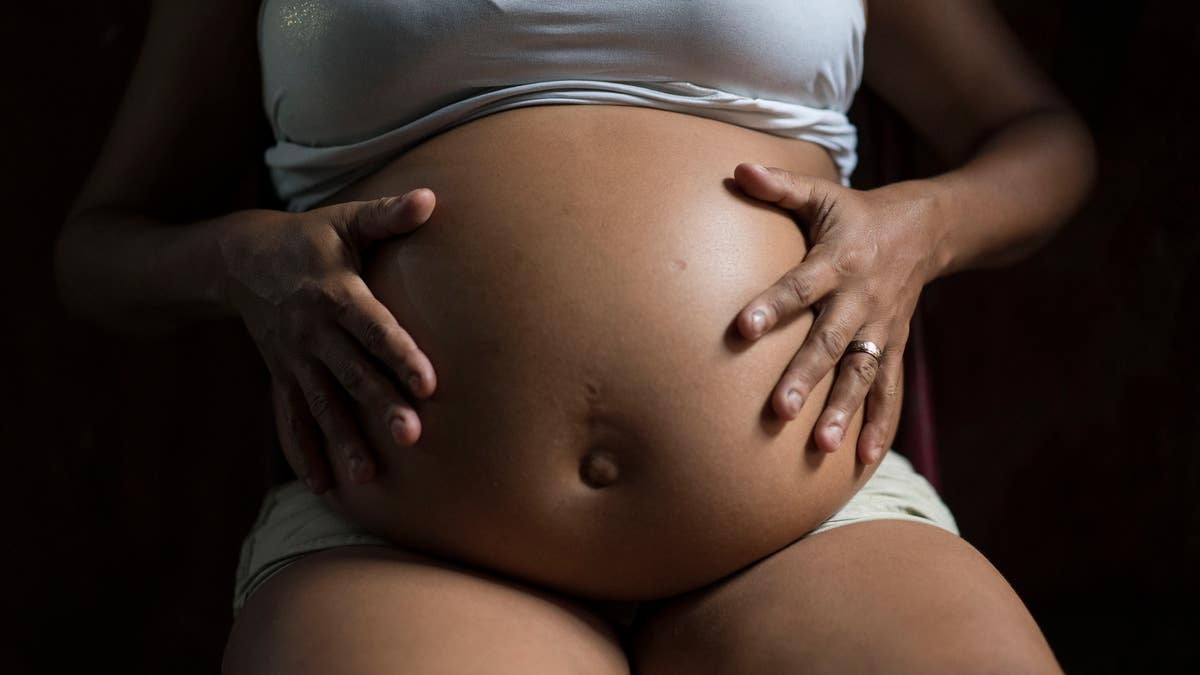
Pregnant women who are obese or diabetic are more likely to be carrying an abnormally large baby by the sixth month of pregnancy, according to a new study. (AP Photo/Felipe Dana, File)
Diabetic or obese pregnant women may already be carrying abnormally large fetuses by the sixth month of pregnancy, US News & World Report reports. And that matters because, according to the BBC, abnormally large babies are at risk of injury during delivery and can have a higher chance of obesity and diabetes later in life.
Researchers from the University of Cambridge looked at more than 4,000 first-time mothers, publishing their findings Thursday in Diabetes Care. Obese women were 63% more likely to have an abnormally large fetus by 28 weeks.
Women with diabetes were 200% more likely. Women who were both obese and diabetic were 500% more likely to be carrying an abnormally large fetus. More than 4% of the women researchers studied were diagnosed with gestational diabetes, which women develop during pregnancy, but experts say it can affect up to 18% of pregnancies.
Screenings for gestational diabetes often take place as late as the 28th week of pregnancy. Researchers now say that's too late; they should be done by the 24th week and maybe even earlier.
Experts say gestational diabetes can increase the risk of stillbirth and is largely preventable. "It is important to emphasize that immediate changes to lifestyle, including a healthy diet and moderate levels of exercise, can have significantly positive effects on a woman and her baby's health," the BBC quotes a doctor from the Royal College of Obstetricians and Gynecologists as saying.
(You may not want to eat potatoes before getting pregnant.)
This article originally appeared on Newser: Diabetes, Obesity Dramatically Increase Risk of Big Babies
More From Newser
